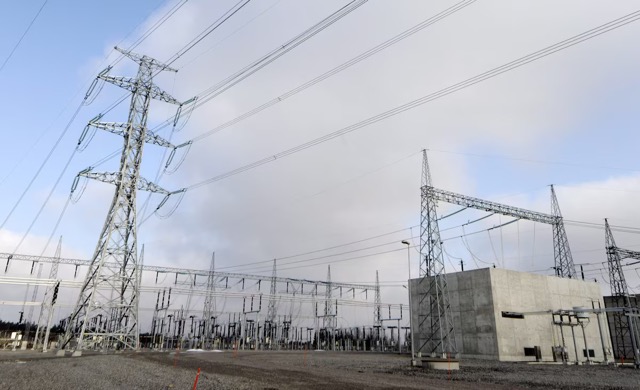Toyota Motor Corporation, the world’s largest automaker, has revised its electric vehicle (EV) production goals for 2026, cutting its initial target by one-third. The company now plans to produce 1 million EVs in 2026, down from its previously announced target of 1.5 million, according to a report by the Nikkei business daily.
This adjustment comes as the global EV market faces slowing demand, prompting several automakers to reassess their ambitious EV plans. Despite the reduction, Toyota reiterated that it still aims to achieve 1.5 million EVs annually by 2026 and 3.5 million by 2030. However, the company clarified that these figures are not firm targets but benchmarks for shareholders.
Toyota’s move follows a broader industry trend of slowing EV adoption, as evidenced by companies like Volvo and Ford also scaling back their EV strategies. Earlier this week, Volvo announced that it would no longer pursue an all-electric vehicle lineup by 2030, while Ford and General Motors have delayed or canceled new EV models amid weaker-than-expected demand.
Toyota’s revised plan still represents a significant increase from its current EV production levels. The company sold around 100,000 EVs in 2023, a small portion of its overall sales, which are dominated by hybrid vehicles. EVs currently account for only about 1% of Toyota’s global sales, highlighting the challenge of scaling up production.
The global EV market has experienced cooling enthusiasm as consumer demand for electric vehicles has not kept pace with automakers’ early expectations. In the US, several carmakers have delayed new models, citing high costs and sluggish sales. Additionally, economic factors such as declining manufacturing activity have contributed to the cautious outlook.









